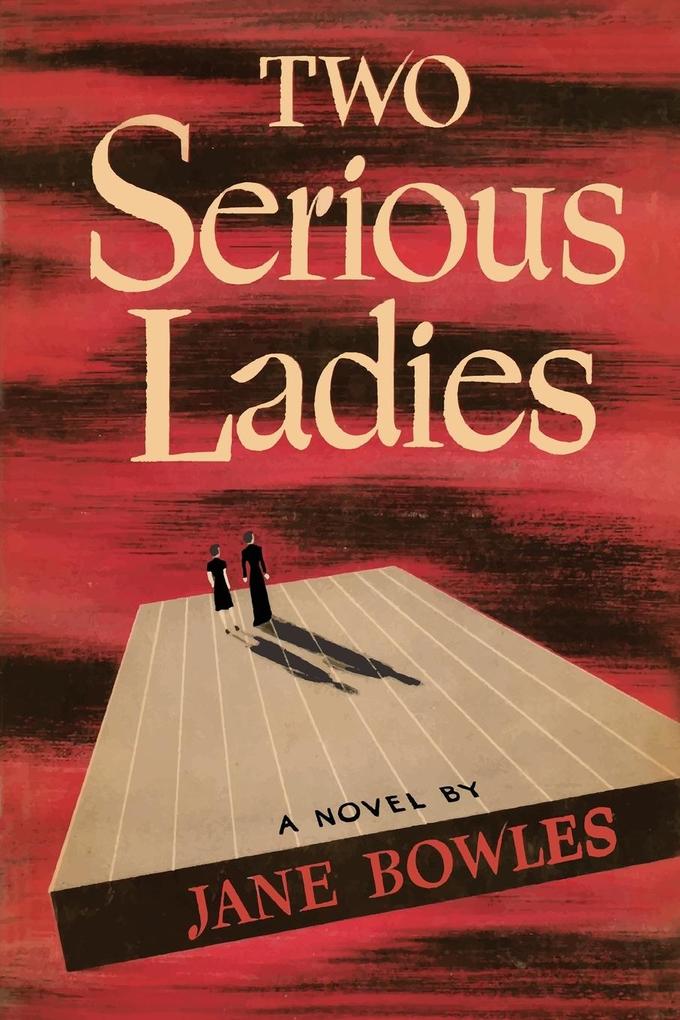
Zustellung: Fr, 03.01. - Di, 07.01.25
Versand in 6 Tagen
VersandkostenfreiBestellen & in Filiale abholen:
2020 Reprint of the 1943 Edition. The only novel by avant-garde literary star Jane Bowles, the highly influential wife of legendary writer Paul Bowles, Two Serious Ladies is a modernist cult classic, mysterious, profound, anarchic, and funny, that follows two respectable women as they descend into debauchery. Christina Goering, eccentric and adventurous, and Frieda Copperfield, anxious but enterprising, are two serious ladies who want to live outside of themselves. Old friends, each will take a surprising path in search of salvation: during a visit to Panama, Mrs. Copperfield abandons her husband, finding solace in a relationship with a teenage prostitute; while Miss Goering, a wealthy spinster, pursues sainthood via sordid encounters with the basest of men. At the end the two women meet again, each radically altered by her experience.
Produktdetails
Erscheinungsdatum
01. Juli 2020
Sprache
englisch
Seitenanzahl
204
Autor/Autorin
Jane Bowles
Verlag/Hersteller
Produktart
kartoniert
Gewicht
339 g
Größe (L/B/H)
229/152/13 mm
Sonstiges
Paperback
ISBN
9781684224753
Entdecken Sie mehr
Bewertungen
0 Bewertungen
Es wurden noch keine Bewertungen abgegeben. Schreiben Sie die erste Bewertung zu "Two Serious Ladies" und helfen Sie damit anderen bei der Kaufentscheidung.









